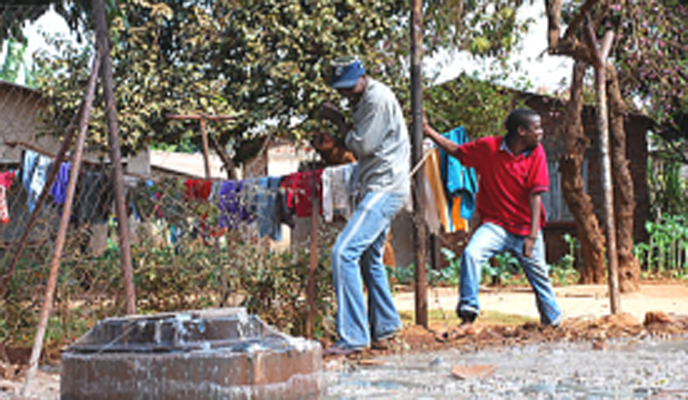
Fears of a serious outbreak of typhoid continue to mount as most people are not heeding calls to practice basic hygiene, with food vendors still operating at undesignated sites with no ablution facilities nearby.
By Phyllis Mbanje
The Harare City Council this week confirmed that by last week, 15 typhoid cases had been confirmed, while 125 other suspected cases were being investigated.
“We remain vigilant and now (we) have roped in all departments to ensure that we do not leave anything to chance,” Harare City spokesperson Michael Chideme said.
However, vendors were still selling food on the streets regardless of the fact that improper handling could increase chances of spreading the highly contagious disease.
Health officials warned people against buying food prepared on the streets, but many residents were not heeding their call and were still buying their lunch from vendors, who serve their meals mostly from dirty plastic containers.
Since the outbreak of cholera in 2008, most schools banned students from bringing prepared food like rice or cooked meat to school as part of measures to guard against the outbreak of contagious diseases.
- Chamisa under fire over US$120K donation
- Mavhunga puts DeMbare into Chibuku quarterfinals
- Pension funds bet on Cabora Bassa oilfields
- Councils defy govt fire tender directive
Keep Reading
“People should always wash their hands before preparing food or after using the toilet,” Harare city health director Prosper Chonzi said.
Suburbs that have been affected include Glen Norah, Glen View, Hopley, Budiriro and Hatfield.
The residents, however, blamed the city fathers for failing to supply running water for domestic purposes, forcing many of them to use water from unorthodox sources.
But other health officials believe the figure was conservative, as some people were not seeking treatment from city clinics.












